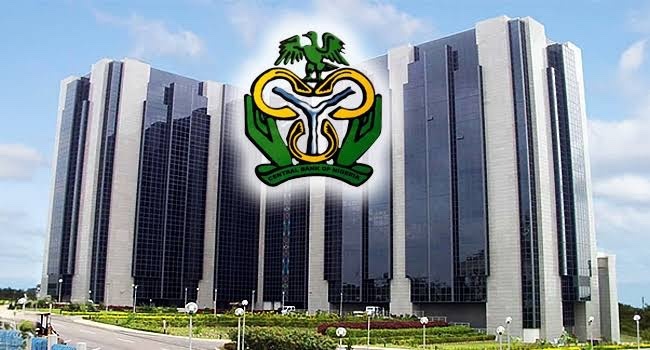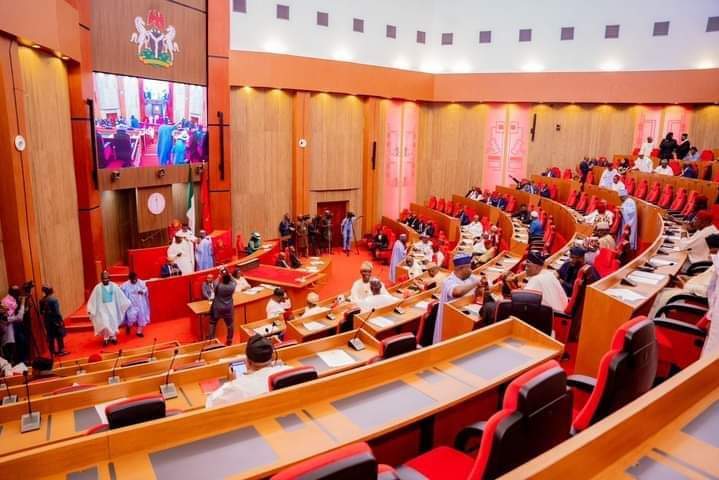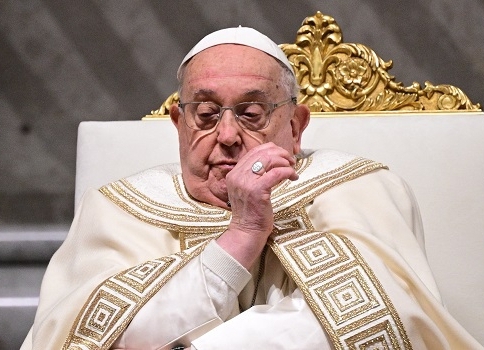.As Investors Seek Attractive Yields
Nigeria experienced a significant increase in foreign capital inflows in January 2025, totaling $2.06 billion, a notable rise from $1.57 billion in December 2024.
According to the latest Economic Report from the Central Bank of Nigeria (CBN), this growth was attributed to appealing yields within the domestic financial markets.
The majority of this surge was fueled by portfolio investments, which jumped to $1.85 billion in January from $1.23 billion the previous month. The CBN highlighted that an uptick in money market instruments played a key role in this increase, indicating a renewed interest from foreign investors in short-term, high-yield opportunities.
However, despite the overall rise in capital inflows, foreign direct investment (FDI) decreased to $70 million from $120 million, signaling ongoing caution among long-term investors. Additionally, ‘other investments,’ primarily loans, fell to $140 million, down from $220 million in December.
In terms of composition, portfolio investments constituted a significant 89.6% of total capital inflows, while ‘other investments’ represented 7.01%, and FDI accounted for just 3.39%.
Examining sectoral distribution, the banking sector attracted the largest share of foreign capital, capturing 45.22% of total inflows, closely followed by the financing sector at 44.32%. Other sectors such as telecommunications (3.86%), manufacturing (3.01%), shares (1.57%), and trading (1.43%) received smaller portions.
Geographically, the United Kingdom remained Nigeria’s leading source of foreign capital, contributing 65.65% of total inflows. Other significant contributors included the United States (8.15%), South Africa (7.66%), United Arab Emirates (7.18%), Mauritius (2.87%), and Belgium (2.28%).
The Federal Capital Territory (FCT) was the primary destination for these inflows, receiving 62.88% of the capital, while Lagos attracted 36.59%.











